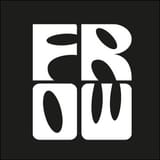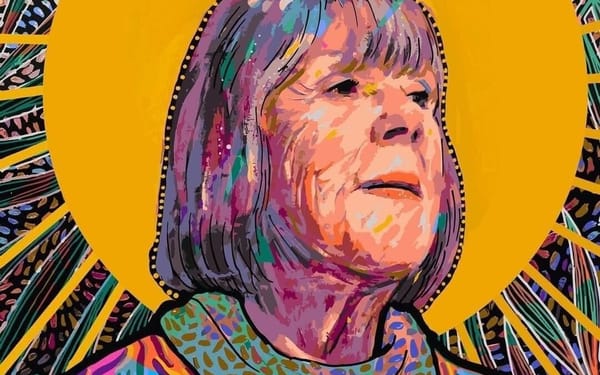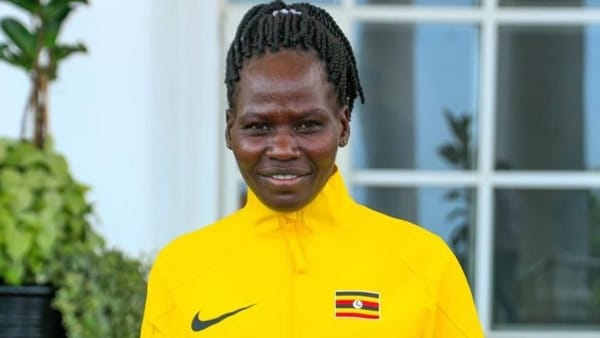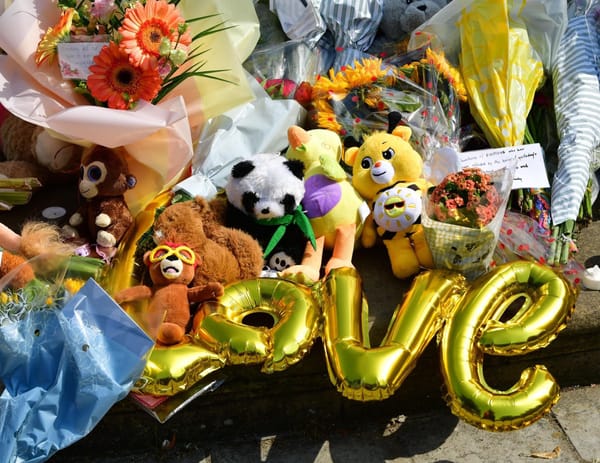Paris Olympics 2024: Is It Fair for Imane Khelif to Compete?
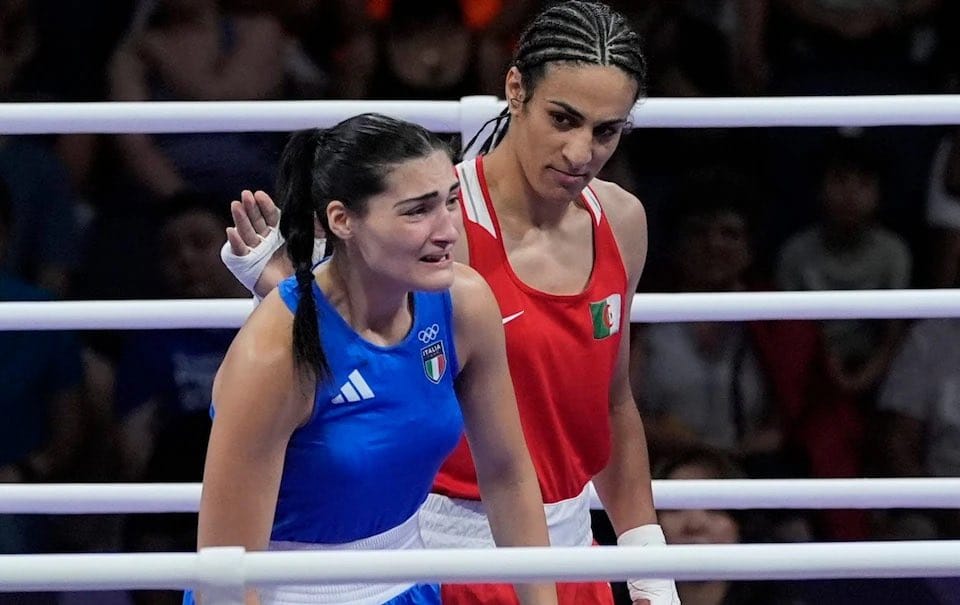
The Paris Olympics have been thrust into the spotlight with a gender controversy that's raising eyebrows and sparking debates about fairness in women's sports. At the centre of this is Algerian boxer Imane Khelif and her Italian opponent, Angela Carini.
The drama unfolded in just 46 seconds when Carini abandoned her 66kg bout against Khelif, citing a suspected broken nose and claiming, "I have never been hit so hard in my life." This brief but intense encounter has ignited a firestorm of discussion about gender eligibility in Olympic boxing.
Khelif's eligibility to compete has been under scrutiny since her disqualification from the 2023 World Championships due to "elevated levels of testosterone" and failure to meet gender eligibility criteria. Despite this, the International Olympic Committee (IOC) cleared her to participate in Paris, stating that Khelif and another athlete "are women on their passports" and have competed for many years.
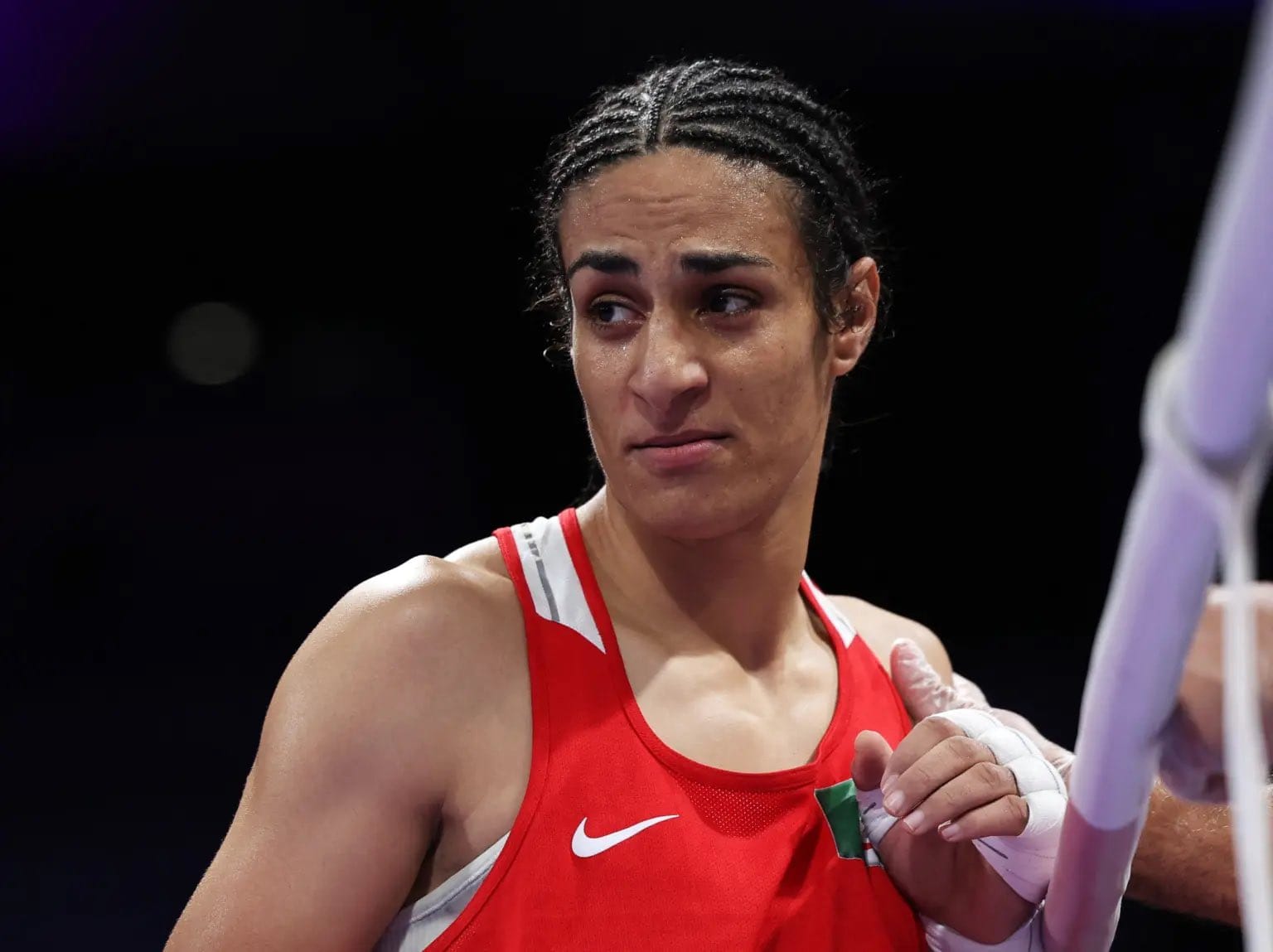
This decision has raised serious questions about the balance between inclusivity and fairness in elite sports. Critics argue that allowing athletes with higher testosterone levels to compete in women's events compromises the integrity of the competition. Italy's family minister Eugenia Roccella expressed surprise at the lack of "certain, strict, uniform criteria at the international level" and called it strange that there could be "far more than a suspicion, of an unfair and potentially dangerous contest" at the Olympics.
The International Boxing Association (IBA), which is not involved in organising the Olympics, questioned why these athletes were allowed to compete in Paris after being banned from world championships "in the interest of fairness and safety." This discrepancy in eligibility criteria between different governing bodies has only added to the confusion and controversy.
JK Rowling, the renowned author, didn't mince words, tweeting: "This isn't sport. From the bullying cheat in red all the way up to the organisers who allowed this to happen, this is men revelling in their power over women." Her statement reflects the concerns of those who believe allowing athletes with higher testosterone levels to compete in women's events compromises fairness.
Watch this (whole thread), then explain why you’re OK with a man beating a woman in public for your entertainment. This isn’t sport. From the bullying cheat in red all the way up to the organisers who allowed this to happen, this is men revelling in their power over women. https://t.co/u32FcDTy9p
— J.K. Rowling (@jk_rowling) August 1, 2024
Olympic gold medallist Nicola Adams commented, tweeting: "This situation with Imane Khelif is exactly why we need clear and fair rules. It's not about excluding anyone; it's about ensuring a level playing field for all athletes."
#IStandWithAngelaCarini pic.twitter.com/y6NRHDLqSM
— Nicola Adams (@NicolaAdamsOBE) August 2, 2024
The controversy has highlighted the ongoing debate about Differences of Sexual Development (DSD) in sports. DSD is a rare condition where individuals with female reproductive organs have XY sex chromosomes and testosterone levels in the male range. This physiological difference raises questions about competitive advantage in sports, particularly in combat disciplines like boxing.
The IOC's recent change in guidelines, which no longer require athletes to undergo hormone-level modifications to compete, has added fuel to the fire. Critics argue this policy could potentially endanger female athletes, while supporters emphasise the importance of inclusivity and the complexities of gender in sports.
As the Olympics continue, this incident serves as a stark reminder of the ongoing challenges in balancing fairness, safety, and inclusivity in elite sports. The debate is far from over, and it's clear that sports governing bodies will need to grapple with these complex issues for years to come.
For now, the boxing world watches with bated breath as the repercussions of this 46-second bout continue to reverberate through the Olympic village and beyond. Is it fair for Imane Khelif to compete? The answer to that question remains as complex and contentious as ever.

